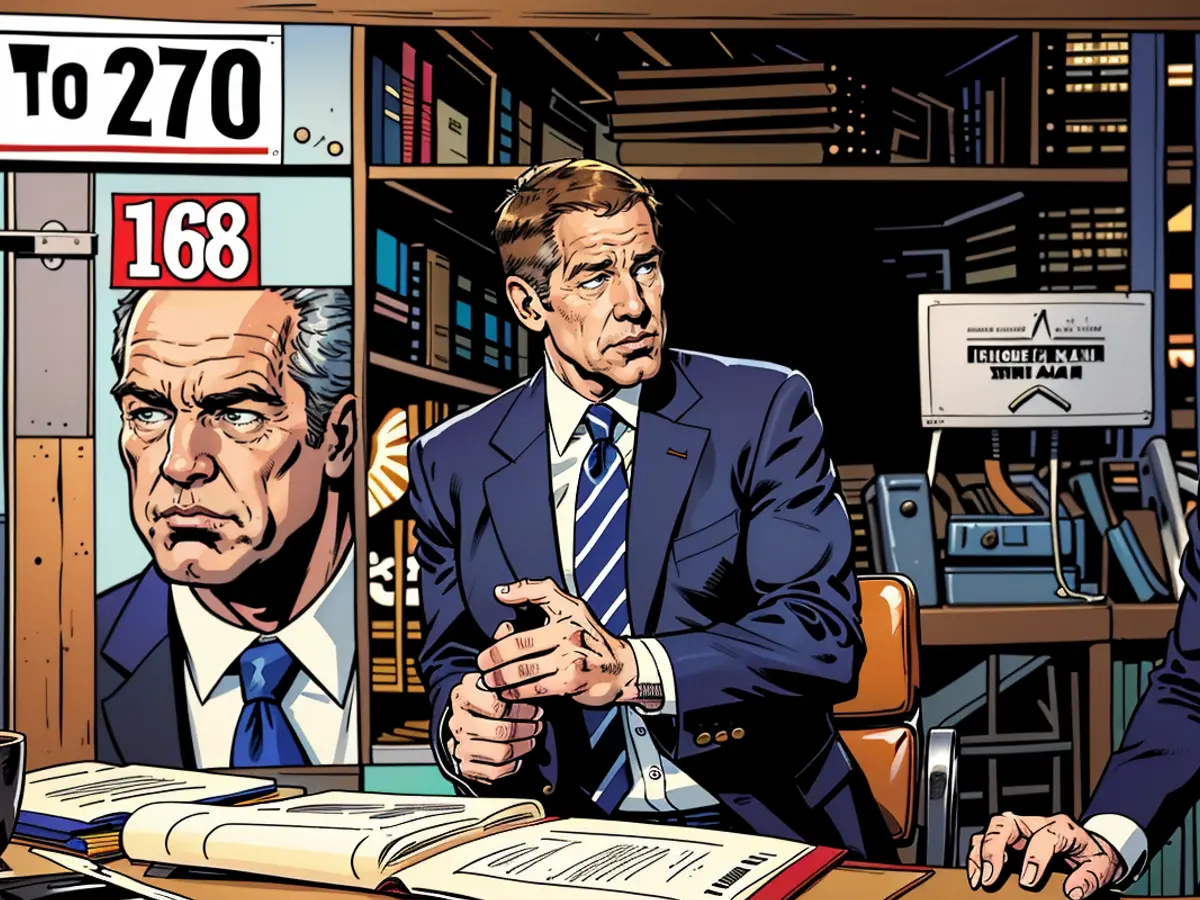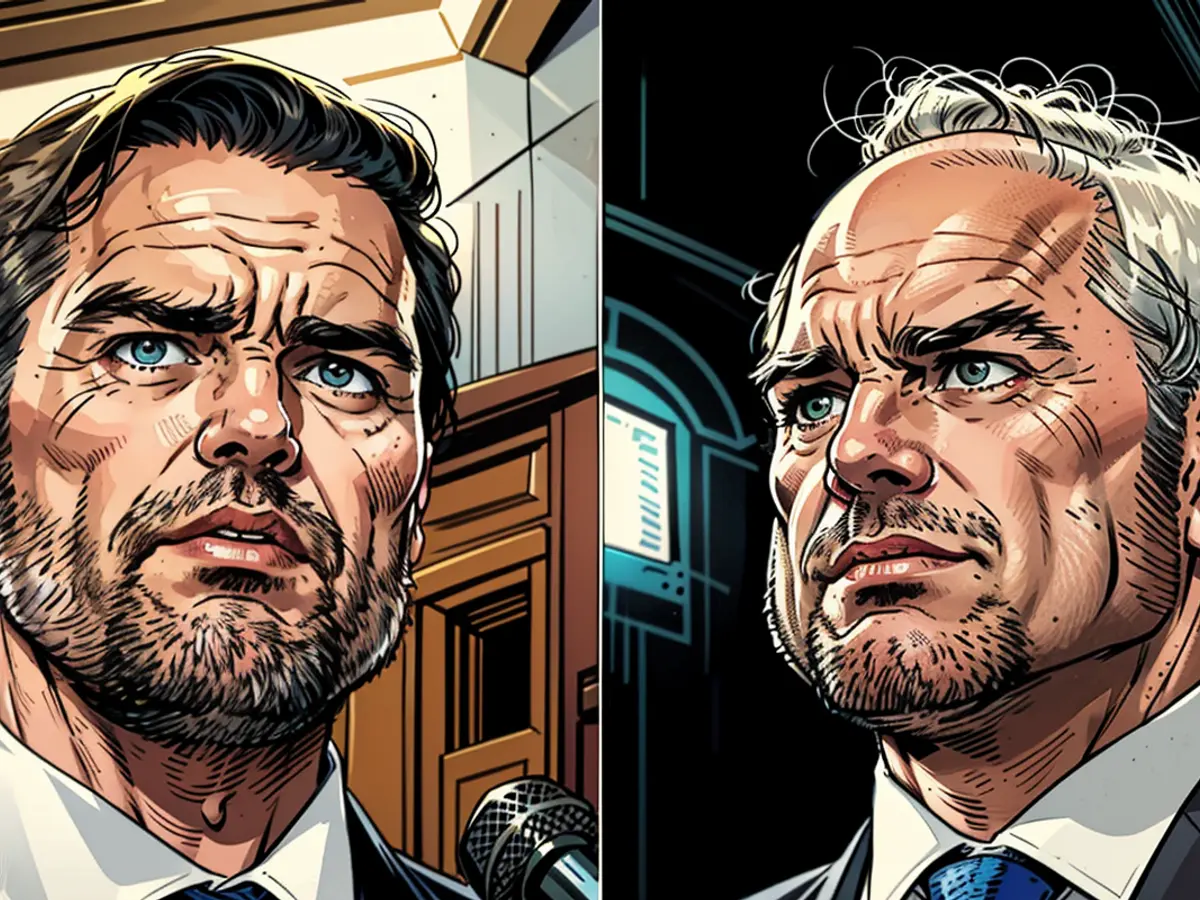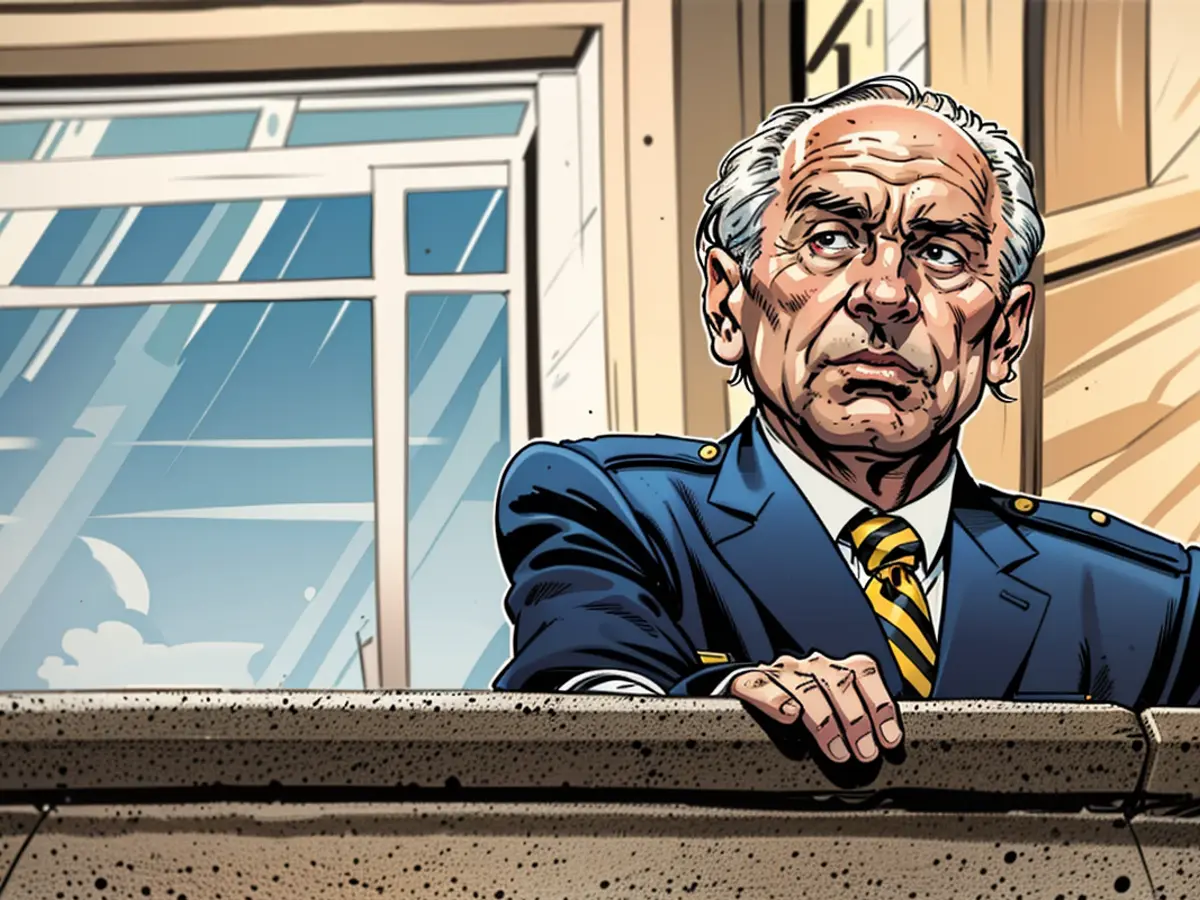Washington Post publisher Will Lewis allegedly attempted to suppress a report implicating him in a UK hacking scandal.
Rupert Murdoch's News Corporation scandal involving his "News of the World" tabloid was recently reignited as Prince Harry and other prominent figures, including Guy Ritchie and Hugh Grant, filed a lawsuit. At the time, Lewis was a senior executive at News Corporation. He has consistently denied any wrongdoing.
Notably, in December, David Folkenflik, a veteran NPR media reporter, revealed that Lewis, who had just been appointed as the publisher and CEO of the Post, offered Folkenflik an exclusive interview on the Post's future. However, he insisted that Folkenflik should not publish a story about Lewis' possible involvement in the scandal.
In multiple conversations, Lewis passionately urged Folkenflik to accept the exclusive interview offer, only if he agreed to forego the story regarding the allegations. His UK-based spokesperson, who has worked with Lewis since his Wall Street Journal days, corroborated the offer’s affirmation.
The Washington Post failed to reply to a CNN query for comment.
Contrary to Lewis' attempts to suppress the story, NPR published it in late December, with the title, "New 'Washington Post' CEO Accused of Murdoch Tabloid Hacking Cover-up," featuring a 2011 photo of Lewis and Murdoch.
Lewis' efforts to suppress the story received further attention on Friday, when The New York Times disclosed that Lewis had conflicted with former Post executive editor Sally Buzbee regarding a decision to publish an article in May about the hacking scandal, which implicated Lewis. Lewis allegedly believed that the article did not warrant coverage, and he confronted Buzbee, telling her that her decision amounted to a lapse in judgment.
Soon after the judge in the UK case authorized the inclusion of accusations concerning Lewis in the lawsuit, the Post published yet another article mentioning him.
This past Sunday, the Post unexpectedly declared that Buzbee was leaving the newspaper and was simultaneously replaced by Matt Murray, a former Wall Street Journal editor, in a significant reorganization. Despite the shocking turn, Lewis congratulated Buzbee through a formal statement, expressing his admiration for her tenure.
However, it should be noted that Buzbee failed to bid farewell to her colleagues.
Reports indicative of reduced morale within the Post newsroom emerged shortly after Buzbee's departure, especially after the revelations about Lewis.
This revelation occurs just two weeks after Lewis unveiled a plan to transform the struggling newspaper. In a candid speech to the staff, Lewis stated that the company encountered a significant loss of $77 million during the previous year and had witnessed a drastic 50% decline in audience traffic since 2020.
In essence, Lewis candidly admitted, “We are in a hole, and we have been for some time.”
Read also:
The Media Business World widely covered Lewis' attempts to suppress a negative report about him, following his appointment as the publisher and CEO of The Washington Post. Despite the offer of an exclusive interview, Folkenflik chose to publish the story, leading to increased scrutiny of Lewis' involvement in a UK hacking scandal.
In response to the media attention, various media outlets, including The New York Times and CNN, investigated further, bringing more allegations against Lewis and his role in the scandal.







